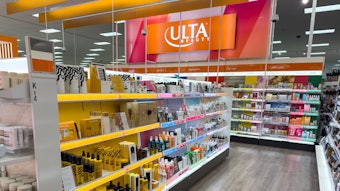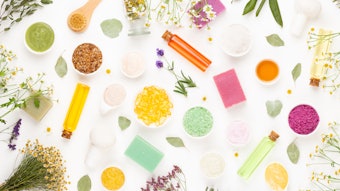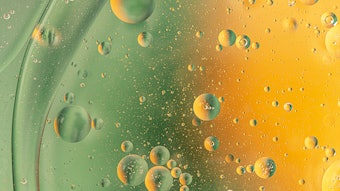Ethical sourcing and biodiversity will be featured in the 3rd Asia-Pacific edition of the Sustainable Cosmetics Summit, hosted in Hong Kong on November 11–13, 2013. By casting the spotlight on the environmental impact of beauty ingredients, the summit aims to raise awareness and encourage sustainable sourcing in the region.
Rapid economic development and industrialization have had a heavy toll on Asian ecosystems. Asia has lost 95% of its primary, uncut forests, while individual countries have lost 70–90% of their natural habitats. Although the region has become an international source of beauty and cosmetic ingredients, the ecological price has been high. Production of palm oil—a ubiquitous ingredient in beauty and personal care products—has been directly responsible for the destruction of rainforests in Southeast Asia, putting many animal and plant species to near extinction. Many cosmetic ingredients are produced in Asia by expanding agricultural frontiers to virgin terrain.
Dr. Muhammed Majeed, founder of international ingredients firm Sabinsa, will set the tone for the summit with his opening keynote on sustainable sourcing. He will explain why a major ethical dilemma Asian countries face is "economic advancement or conservation?" With Asia experiencing unprecedented economic growth, some argue that environmental degradation has been a worthwhile price to pay for rising prosperity. Proceeding speakers will give best practices in raw material ethical sourcing, showing how economic and ecological development can be intertwined. The use of biodiversity charters and sourcing programmes will also be debated.
Novel green ingredients, especially those originating from Asia, will also be featured. The healing properties of ayurvedic ingredients like neem and amla in beauty products will be highlighted. Another paper looks at the use of traditional Chinese herbs in modern skin care products. Dr. Fred Zuelli from Mibelle Biochemistry will discuss the sustainable harvesting of actives from agricultural raw material. Other topics include marine ingredients, emerging natural actives, and sustainable processing methods.
Additionally, although the beauty industry has become global, divisions are occurring in terms of regulations and standards. Most fragmentation is occurring in Asia where major country markets have different interpretations of beauty products. For the first time, the summit will give an update on the legislative framework for beauty products in Europe, the U.S. and Asian countries. Details will be given of new EU regulations, which are increasingly perceived as a barrier to market entry by non-European brands. Other papers will look at the mushrooming of green standards, such as natural, organic, fair trade, and green spa.
The three-day program will end with two interactive workshops. The first is a technical workshop that will tackle formulation issues associated with natural and organic beauty products. A marketing workshop will follow, highlighting the opportunities provided to beauty brands by social media and digital marketing. Conducted by David Liem, founder of Happy Marketer, the workshop will show how social media can be used to provide transparency and authenticity to increasingly discerning consumers.










